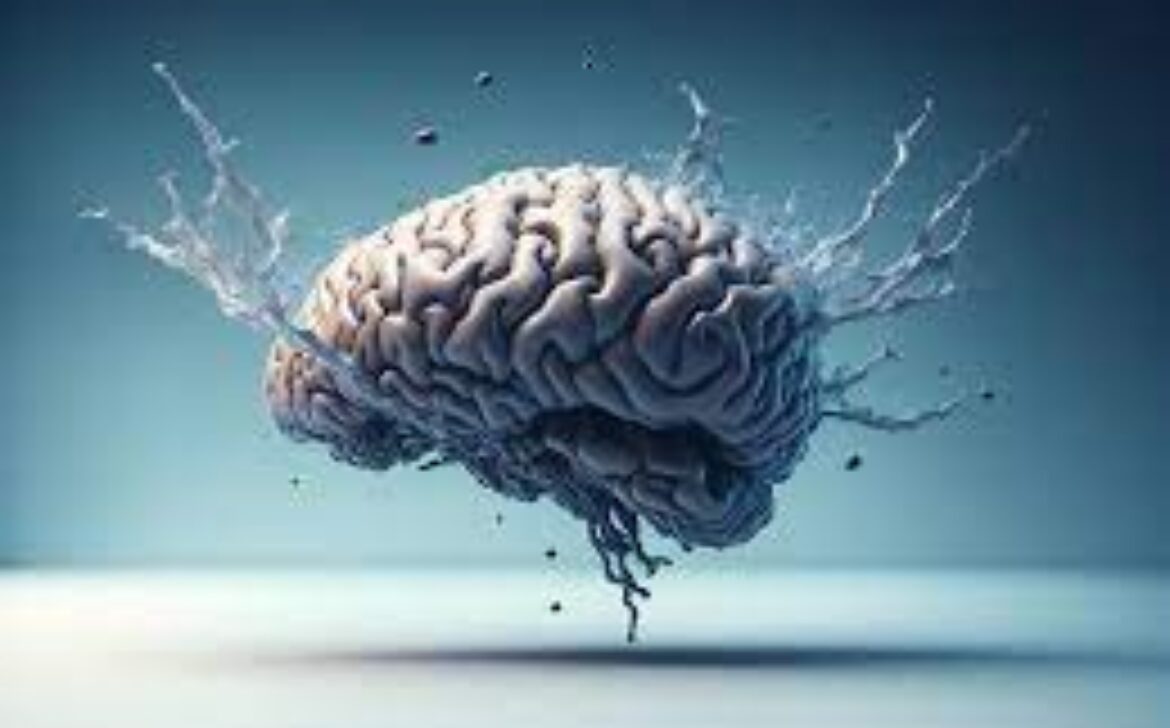In an age where data is often referred to as the new oil, the concept of datafication has emerged as a driving force behind the transformation of our lives and industries. Datafication refers to the process of turning various aspects of our world—ranging from personal interactions to industrial operations—into data that can be collected, analyzed, and utilized to gain valuable insights. Let’s delve into the phenomenon of datafication and its far-reaching implications.
The Datafication Revolution
Datafication has brought about a paradigm shift in how we view and interact with our surroundings. Everyday activities, from browsing the internet to shopping for groceries, generate vast amounts of data. This data is collected, aggregated, and processed to uncover patterns, trends, and correlations that provide insights into human behavior, preferences, and needs.
Data’s Role in Business
Businesses are capitalizing on datafication to gain a competitive edge. The insights derived from data allow companies to understand customer preferences, optimize supply chains, and enhance products and services. Data-driven decision-making is transforming industries by enabling targeted marketing, personalized recommendations, and real-time performance analysis.
Digital Transformation and Connectivity
Datafication is closely intertwined with the rise of the Internet of Things (IoT). Connected devices, from smartphones to smart appliances, continuously generate and transmit data. This connectivity facilitates real-time monitoring, predictive maintenance, and process automation. The result is greater operational efficiency and enhanced user experiences.
Navigating Big Data Challenges
While datafication offers immense opportunities, it also poses challenges related to the sheer volume and complexity of data. Big Data analytics tools and techniques are essential for managing and extracting value from vast datasets. Data security and privacy concerns also necessitate robust measures to protect sensitive information.
Social and Ethical Implications
As data becomes ubiquitous, discussions around privacy, consent, and ethical use of data are gaining prominence. Striking a balance between data-driven insights and safeguarding individuals’ rights is a crucial consideration. Data governance frameworks and responsible practices are essential to address these concerns.
Transforming Decision-Making
The ability to transform data into actionable insights empowers decision-makers across domains. Governments use data to inform policies and optimize public services. Healthcare providers leverage data for diagnostics and treatment plans. Educators benefit from data-driven insights to enhance learning experiences.
Unleashing Innovation
Datafication is fostering innovation by enabling us to view problems through a data-centric lens. Startups and established companies alike are leveraging data to create new products and services that address specific needs. Data-driven innovation fuels advancements in fields such as artificial intelligence, machine learning, and predictive analytics.
The Future of Datafication
The journey of datafication is ongoing, with the future promising even more transformative outcomes. As technology evolves, our ability to gather, process, and interpret data will continue to expand. Businesses will increasingly rely on data-driven strategies to remain competitive and relevant in a rapidly changing landscape.
Conclusion
Datafication is reshaping our world by turning everyday activities into valuable data points that drive insights and decisions. From optimizing business operations to enhancing personal experiences, the impact of datafication is pervasive. By understanding and harnessing the power of data-driven insights, individuals and organizations can navigate the complexities of the modern age and embrace opportunities for growth and innovation.
Feel free to use this blog post in your WordPress description area, including the provided title, category, tags, and excerpt. Format the text to match your website’s style for optimal readability and engagement.
In an era marked by rapid technological advancement, data is at the heart of virtually every industry and facet of life. The rise of datafication, the process of transforming various aspects of life into data, has ushered in a new paradigm where information drives innovation, insights, and optimization. Let’s delve into the essence of datafication and its implications for the digital age.
Understanding Datafication
Datafication refers to the conversion of everyday processes, behaviors, and interactions into data points that can be quantified, analyzed, and used for various purposes. From personal fitness trackers collecting health data to industrial sensors monitoring machinery, datafication enables the capture of valuable information that was previously unquantifiable.
The Role of Big Data
At the heart of datafication is the concept of big data. As data is collected from diverse sources, it accumulates into vast datasets that hold immense potential. Big data analytics involves extracting meaningful insights from these datasets, revealing patterns, trends, and correlations that can inform decision-making and drive innovation.
Applications Across Industries
The impact of datafication is evident across industries. Retailers leverage customer purchase history to personalize recommendations. Healthcare professionals analyze patient data to improve diagnoses and treatments. Smart cities use data to enhance urban planning and resource allocation. The possibilities are limitless.
Transforming Decision-Making
Datafication empowers organizations and individuals to make informed decisions. By harnessing data-driven insights, businesses can optimize operations, create targeted marketing campaigns, and even predict market trends. Individuals benefit from personalized recommendations and experiences that cater to their preferences.
Challenges and Ethical Considerations
While datafication offers immense opportunities, it also presents challenges. Privacy concerns and ethical considerations arise as personal data is collected and analyzed. Striking a balance between innovation and responsible data usage becomes paramount in the data-driven era.
Embracing Digital Transformation
Datafication is at the core of digital transformation. As organizations adapt to the data-driven landscape, they can streamline processes, enhance customer experiences, and create new revenue streams. Embracing data-driven strategies is no longer an option but a necessity for staying competitive.
The Future of Datafication
As technology continues to evolve, datafication will become even more intricate. The Internet of Things (IoT), artificial intelligence (AI), and advanced analytics will fuel the growth of data ecosystems. The challenge lies in harnessing data’s potential while ensuring privacy and security.



